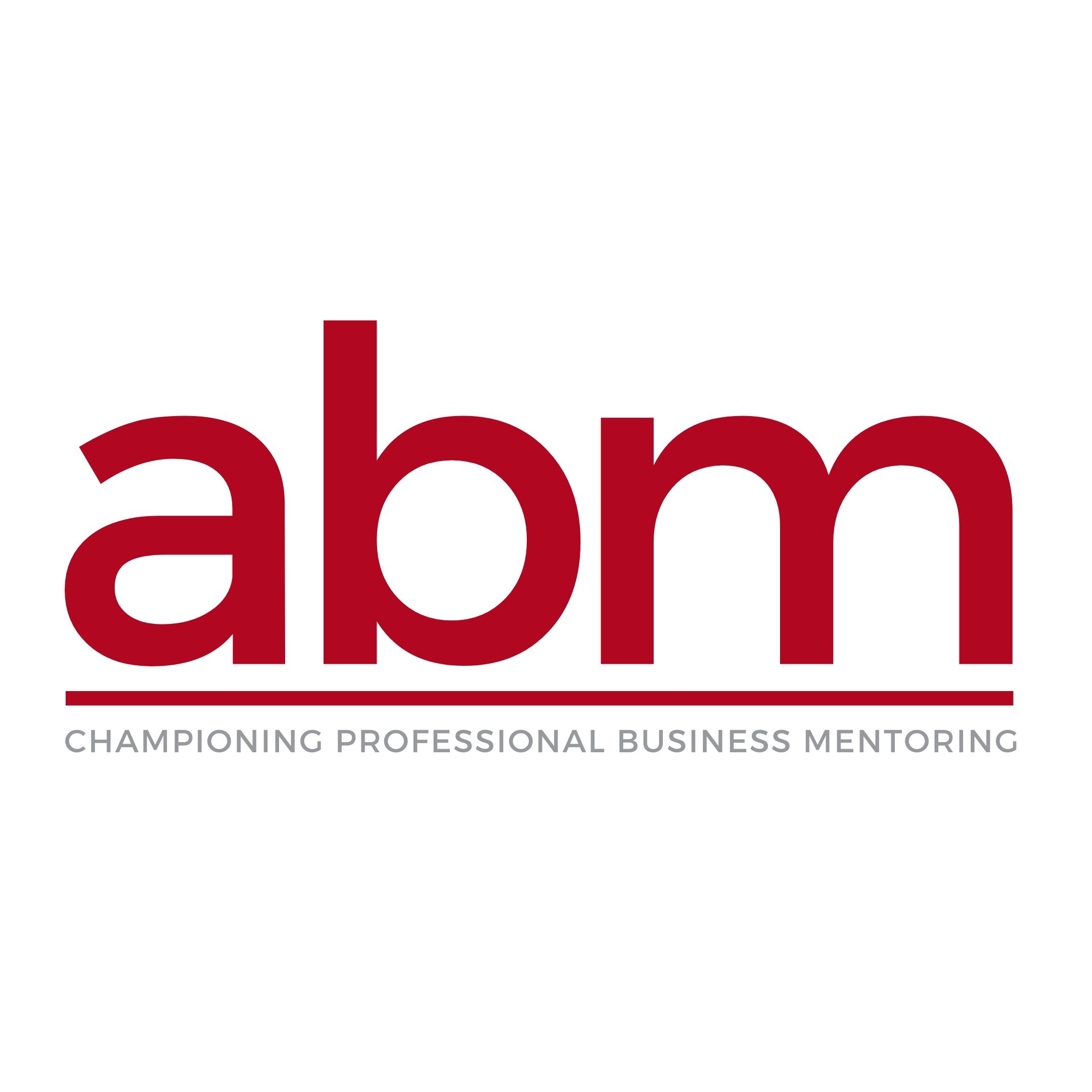Prices are rising fast, for everything, everywhere. It’s never been more important for businesses to know their numbers as costs rise and profit margins shrink.
How do you maintain your profit margins?
It’s not as straightforward as simply increasing your prices. And, tempting as it is, cutting costs by cheapening your product or service could be the worst thing you ever did.
Learn the lesson of cost versus value
Cheapening your product or reducing your service standards to protect your profit margin might take cost away from your customers, but you’ll also be in danger of taking away the value.
This can typically include:
- Buying cheaper ingredients, raw materials, component parts
- Reducing staffing levels
- Replacing ‘expensive’ experienced staff with cheaper, inexperienced people
- Reducing your opening hours
- Restricting your delivery options
- Cancelling the nice ‘extras’ that make you stand out
Cutting costs by cutting out waste, streamlining your operation and making efficiencies is good for your bottom line and for your business overall. Cutting costs by cutting corners on the quality of your product, how your customers access your product and on the customer experience, is terrible for your business.
The service standards you’ve worked hard to build and maintain your reputation will then be flimsy and customers will soon decide to move on.
Once you’ve lost ‘em, they’re gone for good.
Most customers will recognise and be prepared to pay for value.
Good value is not necessarily cheap (but it can be). It’s that sense that you’ve got a lot for your money, that you didn’t expect the thing you’ve bought or the service you’ve engaged to be as good as it is for the price you’ve paid.
It’s that feeling of having got more than your money’s worth. You received an ROI that you’re happy with.
So how do you work out where to reduce costs and what can bear to be pared down? What should you absolutely not even think about getting rid of or cheapening?
Your business numbers should be your guide. They hold everything you need to know about what, where and how much you sell, and the actual story behind your sales ledger.
- Which of your products or services carry the highest and lowest profit margins?
- What are your true operating costs?
- Which of your markets and customers are you making most of your business from?
- Which marketing channel is generating the highest return?
- When do your customers buy? How often do they buy and how much?
It’s a sad fact of business that most small business owners don’t truly know their numbers.
They may know their sales; they may know the headline costs, but that’s not knowing the full picture. Your numbers tell a story.
It may sound counter-intuitive at a time like this to be advising businesses to spend more money, but one of the best things any business can do in difficult times is to invest in the right type of advice. In this case, the advice I’m advocating is financial advice. An accountant or an FD.
“People will always recognise and be prepared to pay for good value.”
Not someone to do your books, not a new accountancy software package, (although both of these can help) but an experienced, qualified and business-savvy accountant who will be proactive, help you understand your numbers and what story they tell.
A good accountant will tell you where you’re wasting money, how to maximise your tax liabilities, how to access suitable finance and how to access any grant funding.
They’ll tell you what your numbers reveal, which customers you have to look after, where you can reduce your overheads and on what and where you should absolutely not make cost-cutting ‘savings’ (clue: staffing levels and customer service are high on this list).
In fact, many should be considering increasing prices to offset the increase in overheads, staff, material and delivery costs.
Too many small business owners default to thinking they have no option but to reduce their prices to maintain their revenue and customers in times of recession. This inevitably leads to maintaining profit margin by cutting costs, which can lead to poor product quality and service standards.
It’s a downward spiral and a self-defeating strategy. You’ll never be cheap enough, you’ll never be able to get costs down low enough, and you’ll work harder and harder for less and less.
Stop knee jerking and get some experienced, intelligent answers. Get to know your numbers and what story they tell you.
If your current accountant can’t or won’t help you, you need to change. Yes, it will cost you more money which may seem counter intuitive, but a good accountant will get back the value of your investment every year.
Stop flying blind – know your numbers to reach your goals faster.
Watch my recent interview with Dani Wainwright who is an interim Chief Financial Officer (CFO), where we are chatting about the benefits of having the right financial support by your side.


